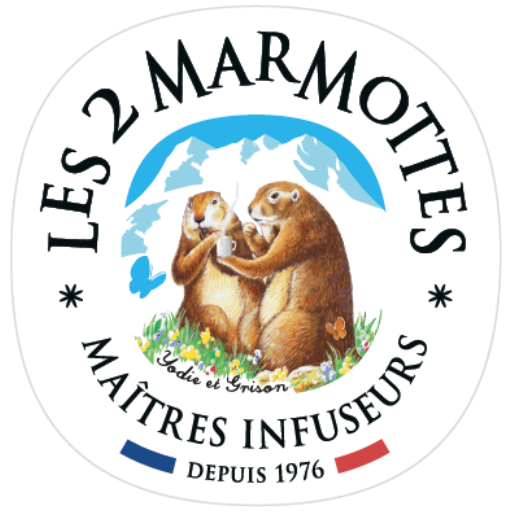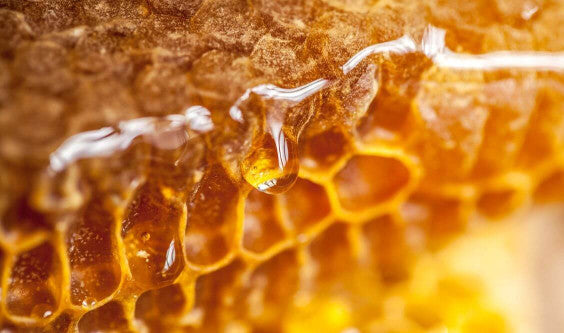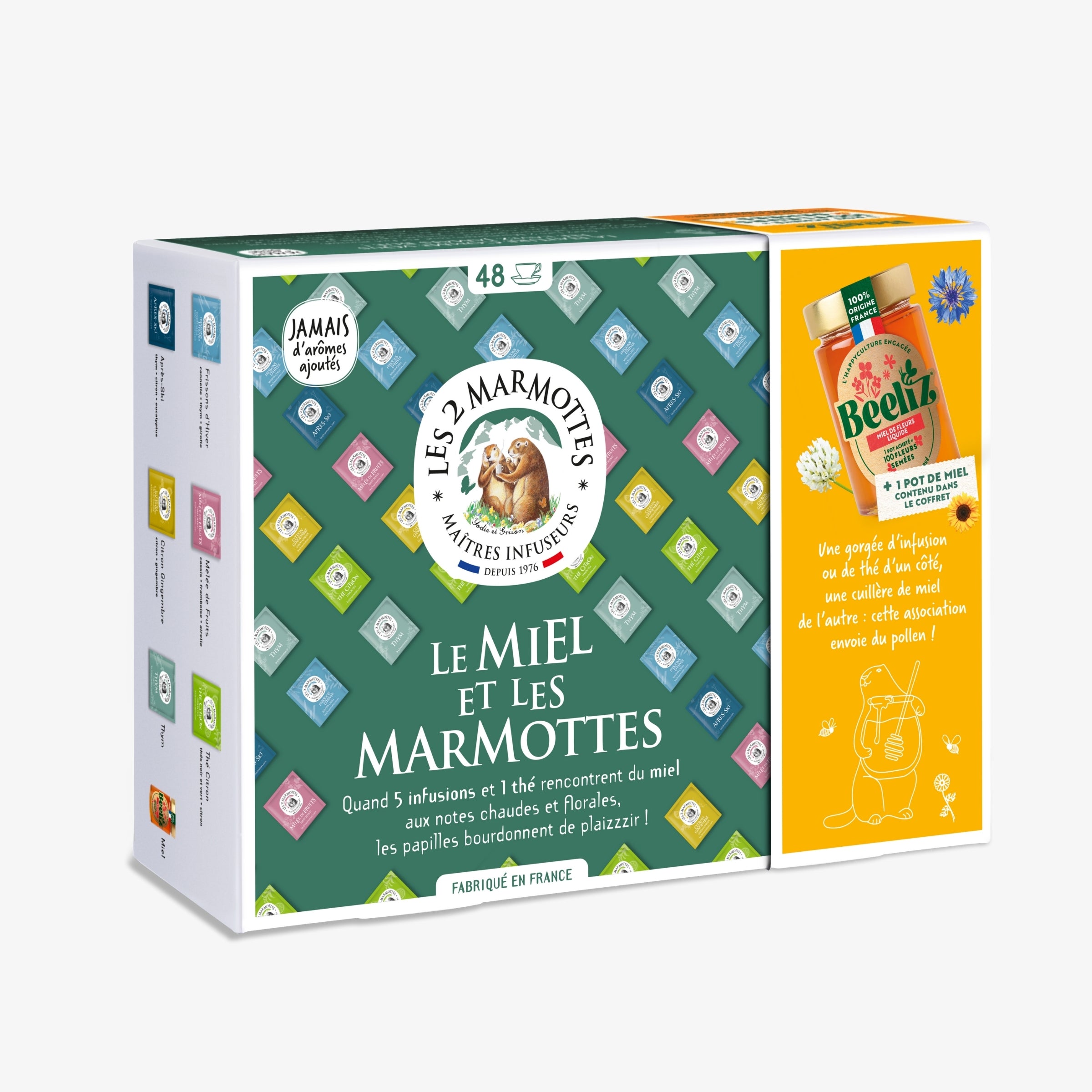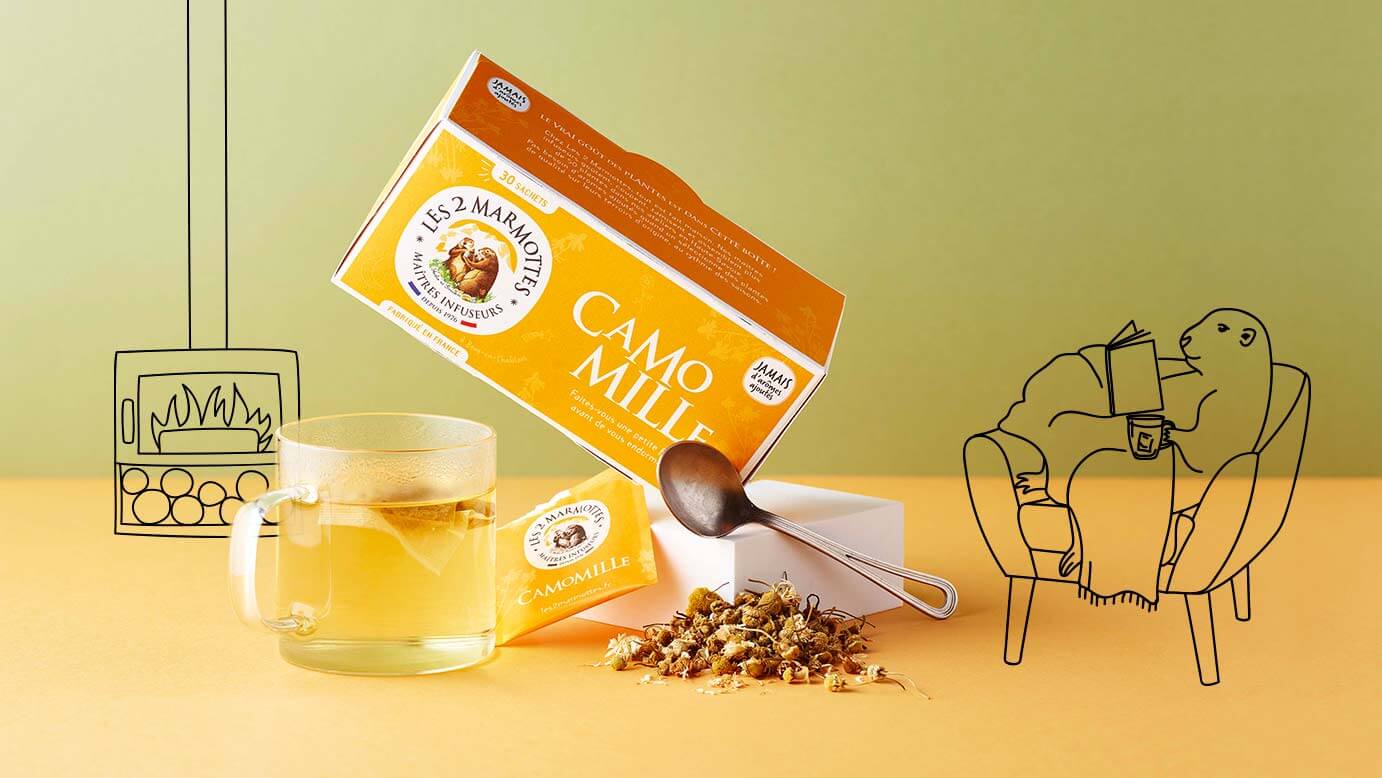While some people add a spoonful of honey to their hot drinks to sweeten them, others rely on the benefits of honey in their daily lives. In addition to its delicious taste, it's true that honey has significant benefits... but you still need to know how to enjoy it. We'll explain!
In nature, bees and flowers get along wonderfully! It's no surprise then that once reunited in a cup, honey and our favorite plants find themselves in... honeymoon mode!
If you have a preference for sweet flavors or if the taste of certain plants seems too bitter or too pungent, then you may be tempted to add sugar to your infusions.
The reflex? It's often to add refined sugar... but this has no particular quality or nutritional value. It's often said that honey contains "good sugar" because it's made up of fructose, a much better sugar than the sucrose found in white sugar.
Honey therefore not only has sweetening power but also antioxidant, anti-inflammatory and antibacterial properties. Adding honey to your herbal tea is therefore a good way to do yourself good, gain energy and boost your immune system. Obviously, if you're watching your weight, you shouldn't overdo it with honey! It's better to choose a natural sweetener like stevia, which has a sweetening power 45 times greater than that of white sugar.
NB: even though it is full of benefits, honey should never be given to children under 24 months (it can cause botulism, a rare neurological disease).
On paper, it's true that we would tend to think that honey and hot drinks are the perfect match. In terms of taste, there's nothing to complain about! However, in terms of benefits, several studies attest that very hot water tends to attenuate or even neutralize the benefits of honey... Very sensitive to oxidation, water and heat, honey would then tend to drink the cup.
To avoid missing out on its many benefits, we suggest you wait a little before dipping a spoonful of honey into your hot tea or herbal tea. Wait a few minutes, and when the cup no longer feels hot to your fingers, you can add a little more honey.
But let's be clear, the best of the best is to combine herbal infusions and honey separately: in other words, a sip on one side and a spoon on the other so as not to alter either!
For successful “apitherapy”, it is important to juggle honeys with different virtues.
If your throat is itchy and your voice is playing tricks on you, then choose a honey that will soften your vocal cords: for example, lavender , buckwheat, linden or eucalyptus honey.
If the flu has gotten the better of you, if you're feeling under the weather and feverish, then grab some conifer honey right away!
If you suffer from winter bronchitis, it's best to try savory or sage honey.
If you're not sick at all (which we hope you are!), you can also consume honey to regenerate your immunity and maintain your legendary energy. In this case, we suggest forest honeys (linden, fir, oak, chestnut, etc.).
Among the lesser-known properties of honey is also its ability to serve as a digestive dressing. This is especially true with rosemary honey.
Finally, if you have anxiety problems or sleep disorders, know that lavender or thyme honey can also give you a helping hand... As you will have understood, honey is really on all fronts!
If you're going to pair herbal teas and honey, you might as well make sure they work together for good and go in the same direction. Among the tastiest and most effective combinations, tested and approved at the burrow, we recommend:
- Night Fairy and acacia honey to sleep like a baby
- Boost and Me and a garrigue honey to have a hell of a peach
- Marmot Infusion and Linden Honey for Zen from Head to Toe
- 100% Thyme and lavender honey infusion to regain a diva voice.
All herbal teas






